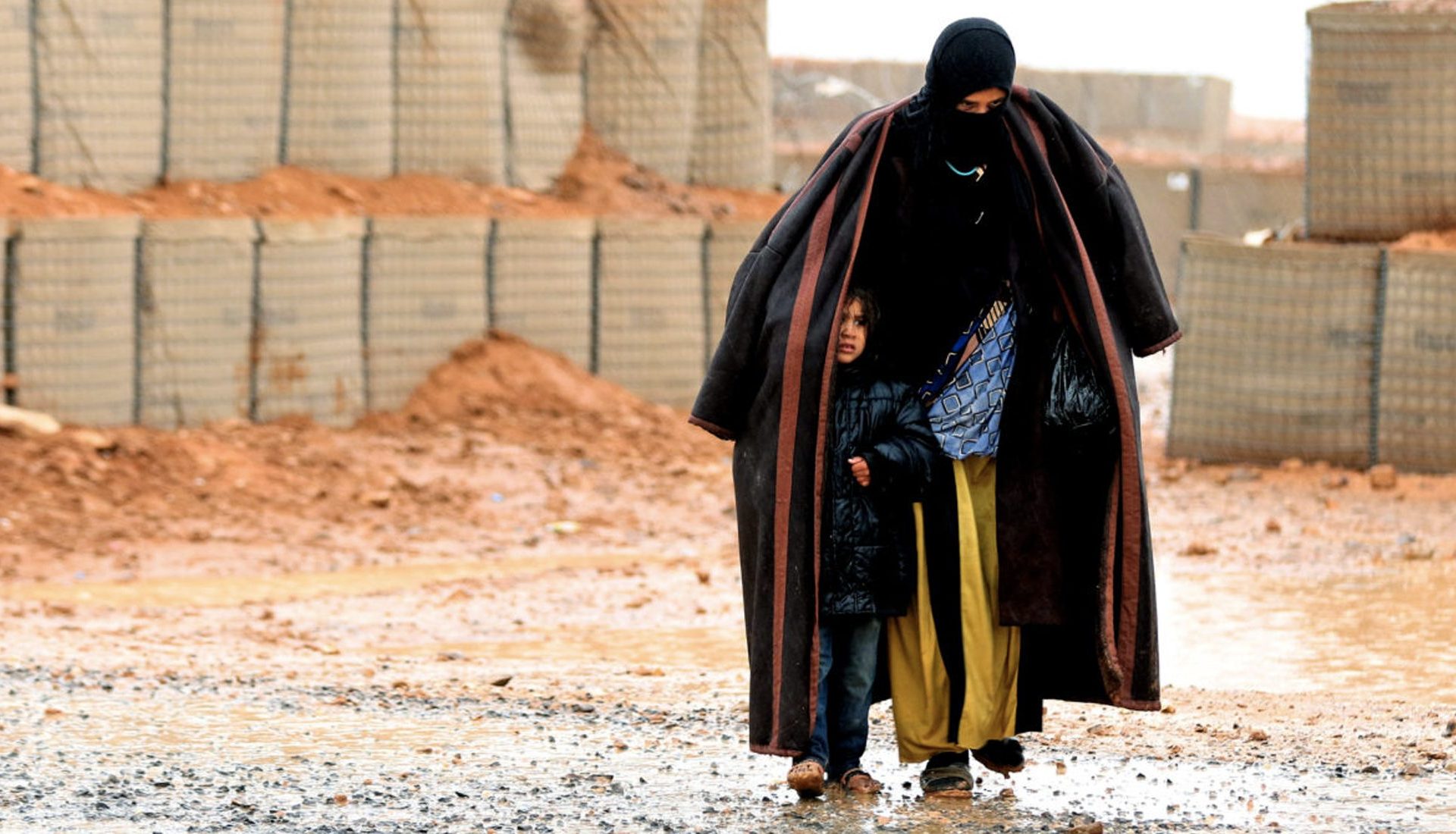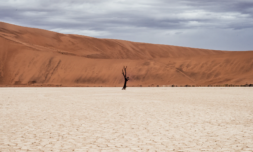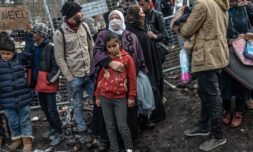Jordan is once again dumping refugees in Rukban camp, the US-led no man’s land at the epicentre of conflict where human rights groups say conditions are some of the worst in the world.
The Jordanian government has deported dozens of Syrian refugees seeking asylum in their sovereign borders to a desolate camp on the Syria-Jordan border known as Rukban camp over the past few months. According to human rights watchdogs conditions in Rukban have been deteriorating for some years, and these attempted repatriations breach international law.
As well as calling into question the legitimacy of the Jordanian authorities, this discovery is a reminder to the transnational community that one of the world’s most dire centres for displaced persons is essentially being left to its own devices.
Rukban camp is situated in a strategic foothold of the Levant region where the Jordanian, Syrian, and Iraqi borders intersect, and the land is ostensibly controlled by the US military. However, any sense of pastoral care for the dispossessed here seems to have been abandoned, as the US, Syria, Jordan, and Iraq administrations have all abdicated responsibility for the Rukban inhabitants.
Residents of #Rukban camp have been buiding resilience for years,
completely alone,
without the "we",
waiting for the "we",
but the "we" just do not have time
to "act".The "we" is very occupied doing plenty talk, talk, talk. https://t.co/C8itMD5F2V
— Tania Chávez (@Tania_Tania_C) October 21, 2020
Speaking to Foreign Policy, 30-year-old Syrian brick mason Alaa al-Hassan said he was deported to Rukban from Jordan where he’d sought asylum earlier this month, with no trial, legal recourse, or explanation from Jordanian officials.
‘It feels as though I’ve been wiped out of existence’ Hassan told the magazine, stating that since arriving at the camp he’s been sleeping on the floor of an empty shack owned by another civilian.
Conditions at the camp are reportedly brutal – summers in the region are fiercely hot and ripe for the spread of disease (clearly an enhanced danger in 2020), and bitterly cold winters were responsible for the deaths of at least eight infants in a single month last year.
Residents have been forced to rely on smuggled goods – from fresh produce to medicine and cleaning supplies – trucked across the desert. Water is piped across the border by the UN.
The camp receives almost no aid deliveries because of its location in contested land. Following an attack by the Islamic State in 2016, Jordan closed its border and restricted humanitarian access to the camp; the Syrian government and Russian allied forces have ceaselessly blocked aid to the area in a perceived effort to force coalition forces out, and the United States, which notionally has control over the area, has done close to nothing in terms of providing direct humanitarian assistance to the people of Rukban.






















